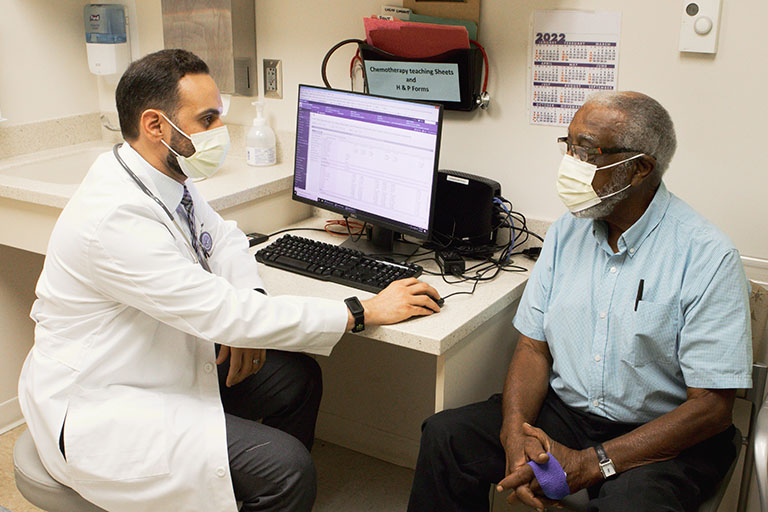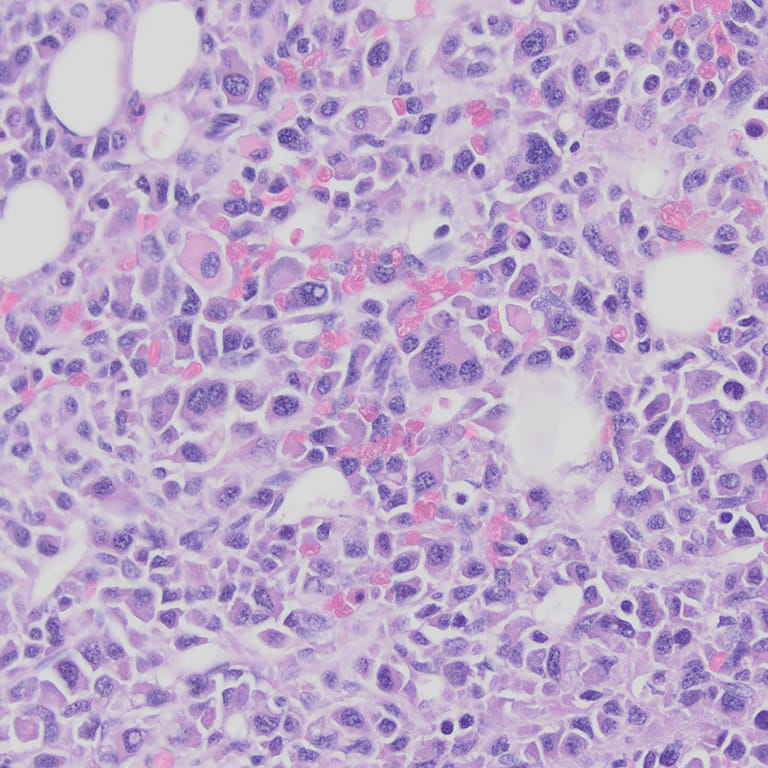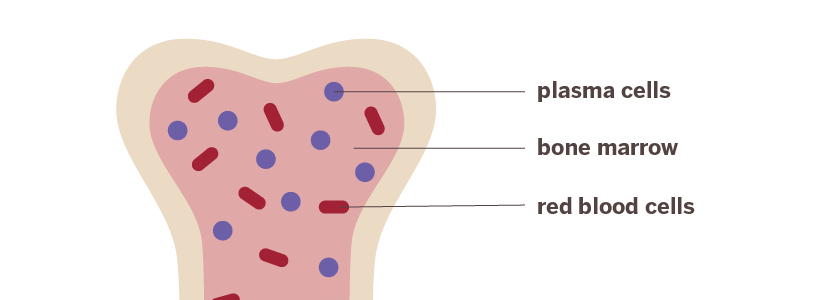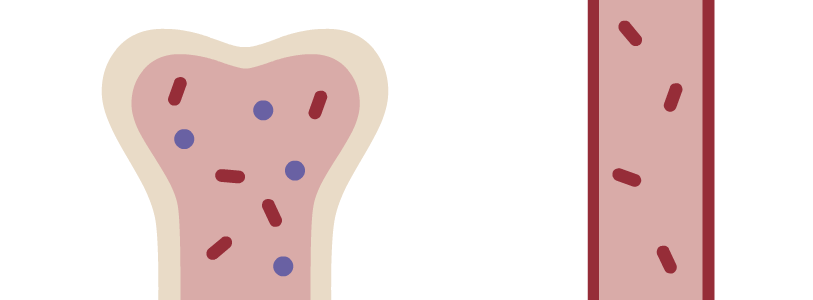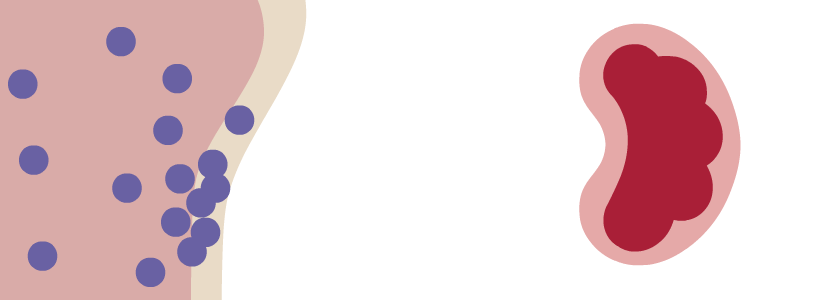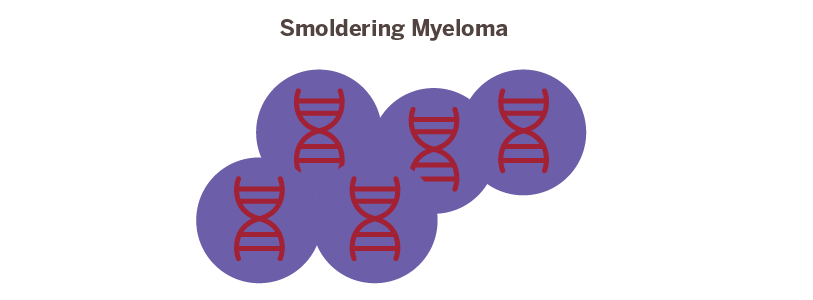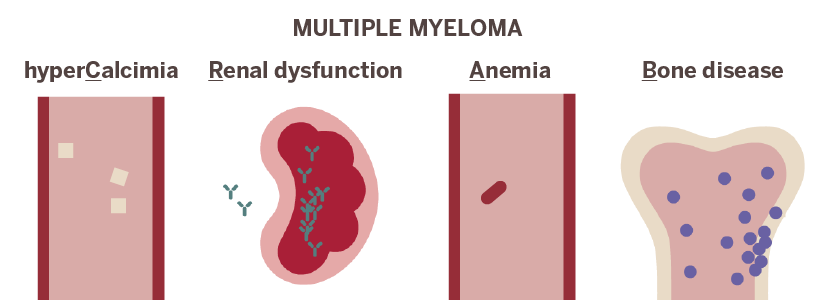No, we can mail a saliva sample kit directly to you and all other study activities can be done online or by telephone.
Efforts will be made to keep your personal information confidential. We cannot guarantee absolute confidentiality. Your personal information may be disclosed if required by law. No information and databases in which results may be stored which could identify you will be shared in publications about this study.
Organizations that may inspect and/or copy your research records for quality assurance and data analysis include groups such as researchers from Indiana University, other universities, government agencies (like the Indiana State Department of Health), or private companies that work on developing new tests or treatments. Any published results from research on your sample will not identify you.
There are other organizations that may access Indiana Myeloma Registry records and your information: the IU Institutional Review Board (or its designees) and state or federal agencies with oversight responsibilities for this research.
Some data may also be provided to a government health research database for broad sharing with researchers around the world, but the data will not contain any information which could identify you.
Information or specimens collected from you for this research may be shared with other researchers in the future. If shared, your information will only be used for the continued study of multiple myeloma and related diseases (monoclonal gammopathy of undetermined significance, smoldering multiple myeloma, amyloidosis, and plasmacytoma). If this happens, we will not share your personal identifiers.
We do not plan to ask your consent before we share this information. Use of your information by other researchers will require review and approval from the Indiana Myeloma Registry Steering Committee and if appropriate, approval by the Institutional Review Board. The Institutional Review Board reviews research proposals to make sure your rights and welfare are protected.
No, not directly. You will still work with your own doctors for your treatment plan. The study may help us find better treatments for multiple myeloma patients that you could benefit from in the future. The study may also help you find clinical trials for which you might be eligible.
No, it's completely free to you.
No, not currently. We are hoping to do this in the future.
No. And there is a law called GINA that makes it illegal for employers or insurance companies to discriminate against you based on your DNA.


